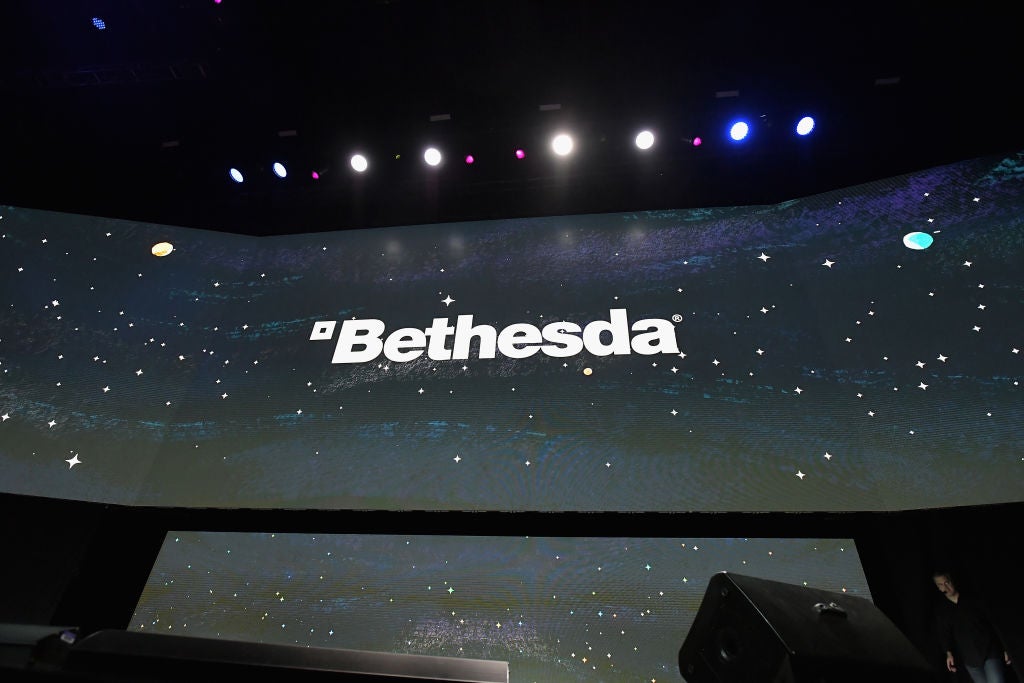Things are looking apocalyptic for Hollywood – but here comes Barbenheimer!
Amid massive strike action, ethical questions about AI, overpaid studio execs, streaming woes, and underperforming tentpole blockbusters, could the unlikely double feature of Barbie and Oppenheimer present a route out of the chaos?
She’s everything – he’s just Oppenheimer
The same-day release of Greta Gerwig’s Barbie and Christopher Nolan’s Oppenheimer has gone from a niche internet meme to a full-on fad. Originally, people were surprised about the decision to release two high-profile but tonally opposite films on the same day, something Hollywood usually tries to avoid with its summer blockbusters.
But social media soon christened the event “Barbenheimer” and jokes and images began going viral, leading to merchandise, t-shirts, debates about the correct watching order, and even promotional Barbenheimer events by certain cinema chains. Hollywood icon Tom Cruise even got involved and posted pictures of himself with ticket stubs for both films.
A Barbenheimer Summer
But this is not particularly unusual. It is an established marketing technique known as counter-programming, where two films aimed at different audiences are released simultaneously.
Though both films are from critically acclaimed directors, Barbie is broadly aimed at younger, primarily female cinemagoers, whereas the audience for Oppenheimer skews male and older. The idea is that both films can succeed without eating into one another’s profits. Other examples include the release of the superhero epic The Dark Knight alongside the ABBA jukebox musical Mamma Mia in 2008.
How well do you really know your competitors?
Access the most comprehensive Company Profiles on the market, powered by GlobalData. Save hours of research. Gain competitive edge.

Thank you!
Your download email will arrive shortly
Not ready to buy yet? Download a free sample
We are confident about the unique quality of our Company Profiles. However, we want you to make the most beneficial decision for your business, so we offer a free sample that you can download by submitting the below form
By GlobalDataClicks for free
Social media has long been a method for film promotion, with accounts interacting with fans across Twitter, TikTok, and others. Yet, with Barbenheimer, it appears that studios did not anticipate both films’ sheer social media meme potential and failed to foresee the desperation for a true cinematic event among movie fans. And the besieged industry has embraced this free promotion wholeheartedly.
Several cinema chains have reported that huge numbers of people have bought tickets for both films. In early July, AMC Theatres revealed that over 20,000 AMC Stubs members had already bought tickets for both, and the number soon rose to 40,000 the week afterward amid high-profile stories about the double feature. Vue revealed that almost a fifth of audience members who bought a ticket for Oppenheimer had also bought a ticket for Barbie.
This publicity is a lifeline for Hollywood’s summer movie slate, following disappointing box office returns for other much-hyped releases like Indiana Jones and the Dial of Destiny and The Flash. Alongside that, movie studios are currently engaged in bitter labor disputes with the Writers Guild of America (WGA) and Screen Actors Guild (SAG–AFTRA), the industry’s largest strike action in over 60 years.
A Morbius trip
It is currently too early to tell if movie studios will use the Barbenheimer double feature template with other releases in the future. There are also examples of the industry trying to piggyback on a social media trend, only for it to blow up in its face.
Just last year, the disastrous release of Sony Pictures’ Morbius led to ironic posts on social media proclaiming it the greatest film ever made, as well as photoshopped images claiming that the film had made billions at the box office, breaking every record in cinematic history, with “Morbucks” replacing dollars in many posts.
Upon seeing this, Sony decided to rerelease the film at the height of its ironic popularity, possibly hoping to recoup some of its losses. Instead, the film flopped for a second time.
Hollywood may hope to recapture the magic of 2023’s ‘Barbenheimer Summer’, but people are unlikely to be suckered in.
As Morbius demonstrated, major studios are woefully out of touch and struggle to penetrate social media’s many layers of irony. But currently, the impressive ticket sales and positive word of mouth will act as a balm for the ailing industry, offering a glimmer of hope in a bleak summer release schedule.
In addition, with the cast and crew of both films currently protesting on the picket line and unable to undertake the usual talk show promotion, this free marketing will help the industry weather a particularly difficult period.






